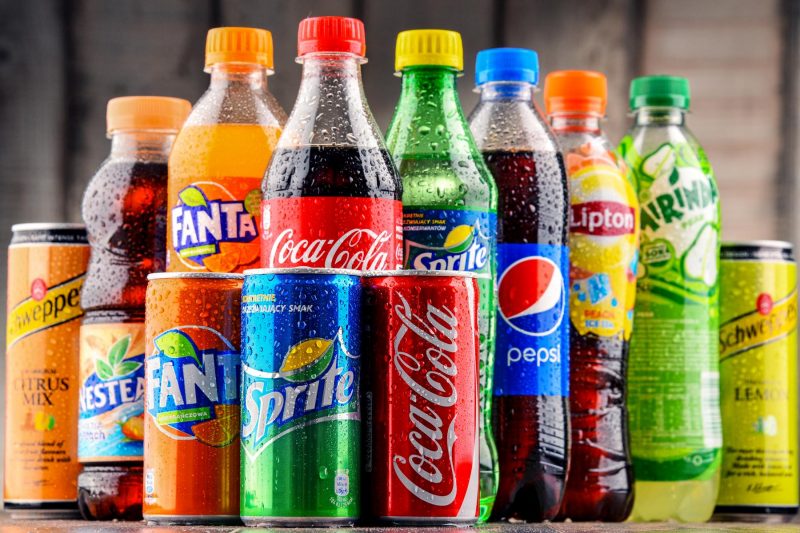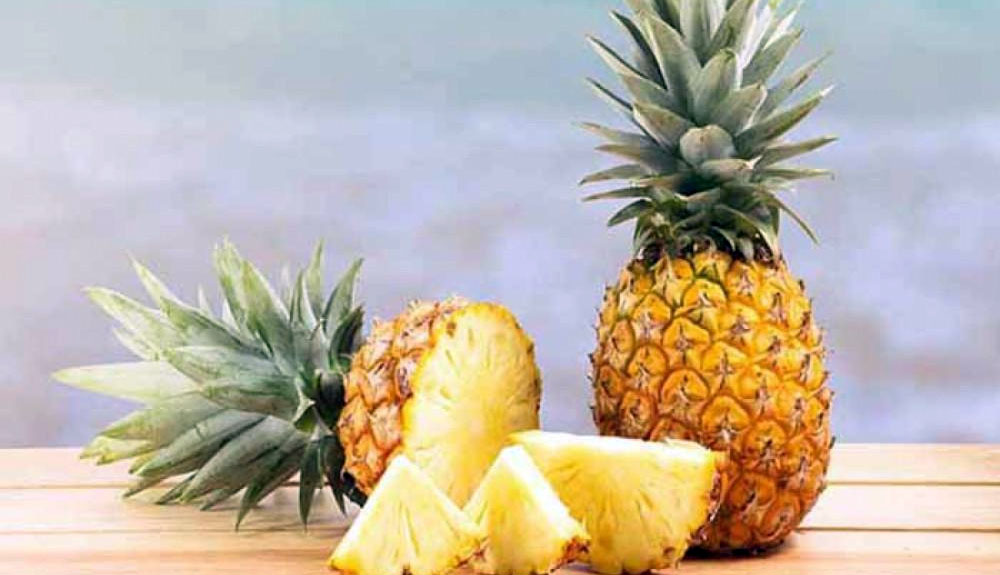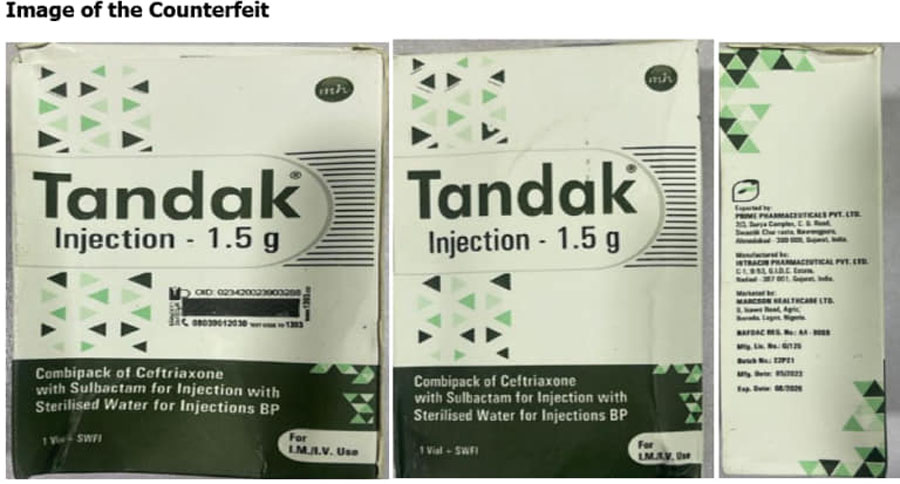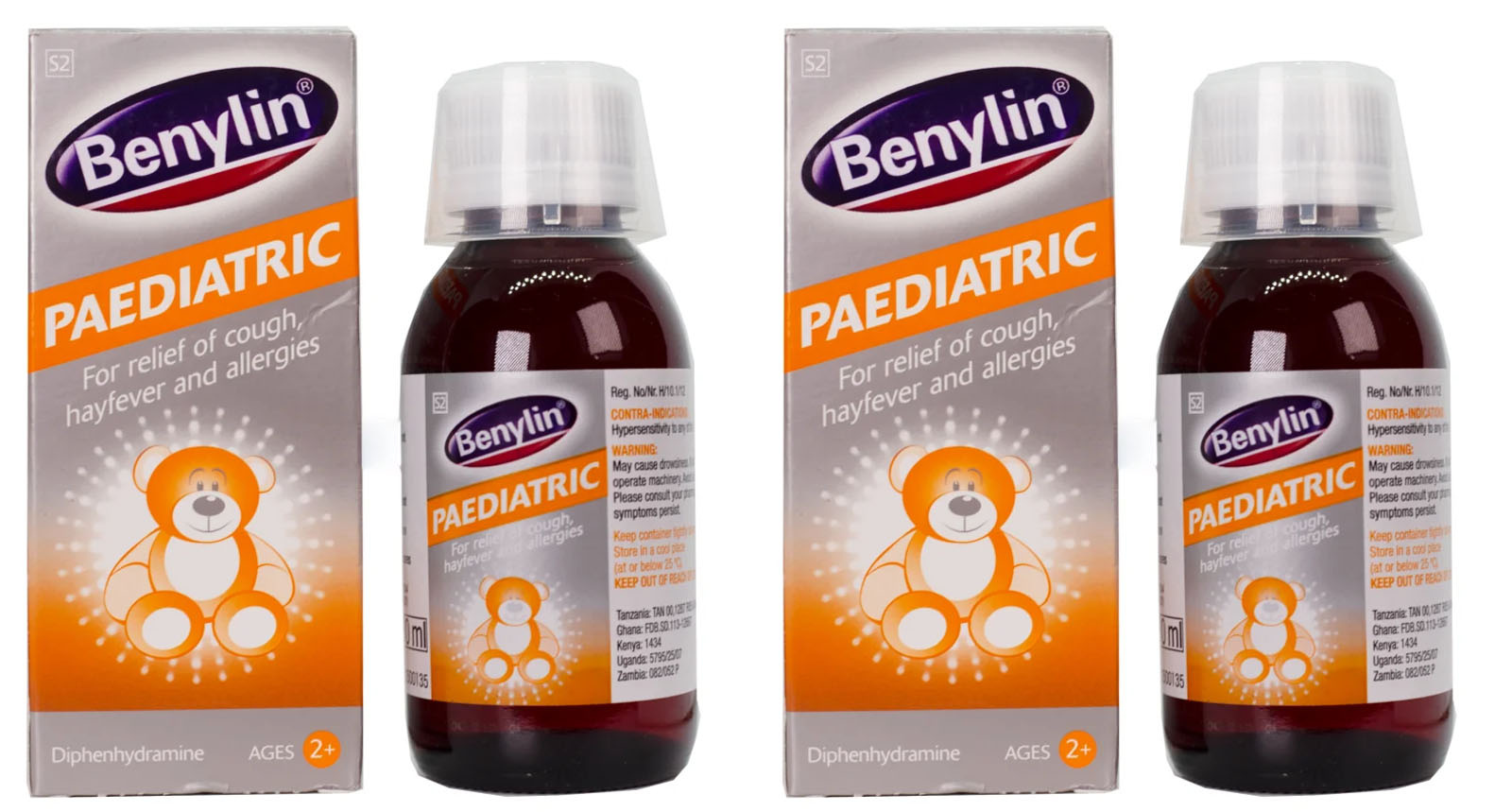Policies for the taxing of carbonated drinks will help Nigeria beat non-communicable diseases and boost economic productivity, a public health physician and founding member of the National Action on Sugar Reduction Coalition, Dr Laz Ude Eze, has said.
He noted that the country is combating three concurrent health epidemics: communicable diseases (including COVID-19 and cholera), non-communicable diseases (NCDs) and road traffic injuries.
The World Health Organisation (WHO), in 2016, estimated that NCDs accounted for about 29 per cent of deaths in Nigeria, which is equivalent to about 2.1million lives that are lost on average to NCDs.
He said: “Many of the documented risk factors associated with NCDs are lifestyle and choice-based. Behavioural risk factors such as excessive consumption of sugar-sweetened beverages (SSBs), inadequate physical activity, tobacco smoking and high caloric intake. None of these has been helped by the urban sedentary lifestyle and diet transition to processed foods and beverages.
READ ALSO:
“In Nigeria, the consumption of SSBs is a leading risk factor for NCD-related deaths. According to a 2016 global soft drinks market analysis, Nigeria is the fourth highest consumer in the world market for soft drinks, coming after the United States, China and Mexico.
“With about 38.7 million litres of soft drinks sold yearly and a rising trend in the obesity figures, Nigeria is currently a minefield of NCD-related deaths.
“At the policy level, several instruments are in place to address the root causes of communicable diseases and road traffic injuries, which have been, arguably, successful.
“For NCDs, this is still a work-in-progress. Despite the WHO statistics on the number of deaths resulting from NCDs in Nigeria, this health crisis is yet to be considered a national priority.
“Millions of Nigerians live with and die from type 2 diabetes mellitus, heart disease, fatty liver disease, tooth decay, gout arthritis and increased risk of cancers. Besides the loss of lives, several billions of dollars are lost to health care and productivity costs.
“A 2014 study by Wang Y.C et al found that a 20 per cent tax raise on SSB prices can reduce consumption by around 20 per cent. Two years after South Africa introduced its health promotion levy targeting SSBs, a study by PRICELESS-SA reported that the “sugar tax” led to a reduction in consumption, while taxes from consumers have been used to strengthen the country’s health system. Nigeria can do the same.
“SSB tax policies work because they operate on a population level to create an environment that empowers many people to practice healthy behaviours rather than only a few. This is not a novel idea anymore; countries all over the world have been taxing SSBs with great results. Mexico, for instance, recorded a 9.5 per cent reduction in the purchase of SSBs in 2015; a year after the 1 peso per litre excise tax was introduced.
“Nigeria came close to introducing a similar levy on SSBs but suspended it in 2009 due to industry pressure and global economic concerns.
“Clear labels that carry warnings such as ‘excessive sugar consumption increases the risk of obesity and type 2 diabetes’ should accompany every SSB product and advertising. Schools and workplaces should provide healthier SSB alternatives.
“Despite the harsh economic situation and the burden of managing the COVID-19 pandemic, doing nothing about NCDs is not an option. “Consequently, I am excited that the Federal Government has announced a “pro-health” tax increase on soft drinks in Nigeria in the 2022 budget. This tax will enable revenue generation for health programmes, especially those targeted at addressing the NCDs.”
The Nation
Related



































